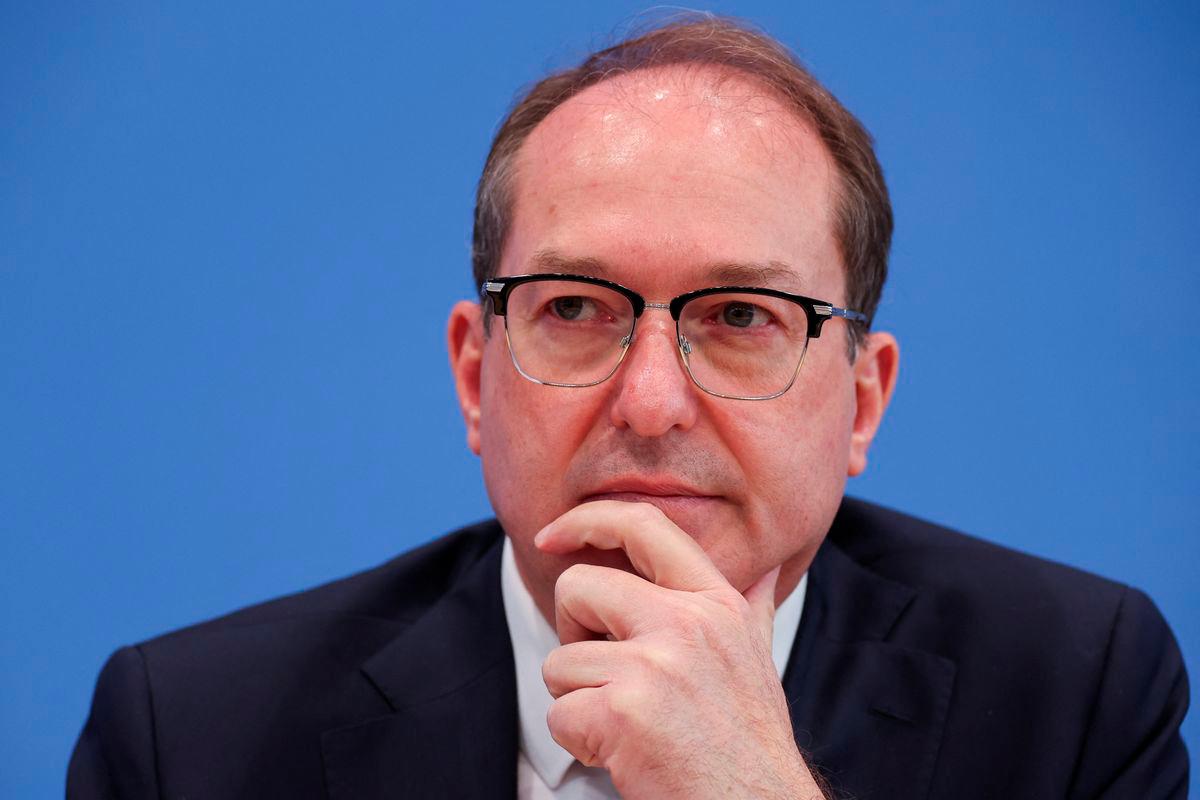BERLIN: German Interior Minister Alexander Dobrindt said Tuesday he opposes a ban on the far-right Alternative for Germany (AfD) party despite the BfV domestic intelligence service labelling it an “extremist” group.
At a press conference to present the yearly BfV report on domestic security threats, Dobrindt said the “AfD must be dealt with politically” and parties of the “political centre should govern in a way that sees the AfD off”.
Dobrindt said this meant “solving the problems” that the anti-immigration AfD capitalised on to achieve its best-ever result in February’s general election, when it won more than 20 percent of the vote.
The conservative CDU/CSU alliance of Chancellor Friedrich Merz -- to which Dobrindt belongs -- made a crackdown on irregular migration one of its central election promises.
The BfV’s designation of the AfD as a “right-wing extremist” group sparked renewed calls for the party to be banned, including from among the CDU/CSU’s junior coalition partner, the centre-left Social Democrats.
The BfV has suspended the classification while an appeal from the AfD moves through the courts.
The legal requirements for banning a political party are very high in Germany.
Either the government or one of the two houses of parliament would have to ask Germany’s constitutional court to impose such a ban by proving the party poses a serious threat to democracy.
The last party to be banned in Germany was the Communist Party in 1956.
Dobrindt said that in his opinion the findings the BfV used to justify its designation “are not sufficient to justify the process of a ban”.
In particular he said the BfV had not addressed the question of whether the AfD represented a grave threat to democracy and the rule of law.
However, Dobrindt did say he personally agreed with the description of the AfD as “extremist” and accused it of fuelling political polarisation.
According to the BfV report, Germany has seen a marked jump in the potential strength of right-wing extremist movements from just over 40,000 people in 2023 to more than 50,000 the following year.
Of those, the number who were deemed potentially willing to use violence rose from 14,500 to 15,300 in the same time frame.
The report also noted a rise in the number of left-wing extremists that could potentially be mobilised from 37,000 to 38,000 and of radical Islamists from 27,200 to 28,280.









